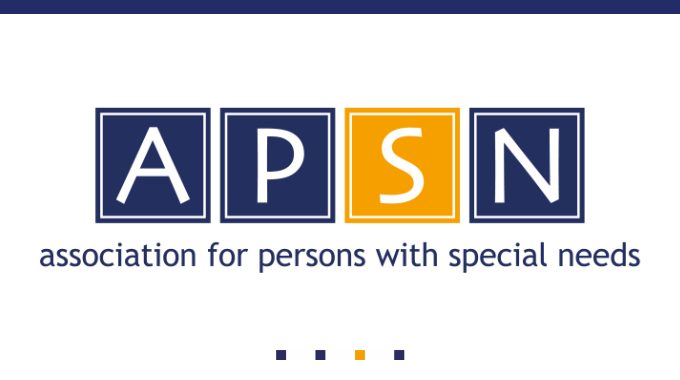
Official statement on key announcements at SPED Conference 2016
Compulsory education for children with Special Needs send a strong signal of inclusiveness.
In October 1995, Singapore became signatory to the United Nations Convention on the Rights of the Child* (UNCRC), pledging its commitment to help children by setting minimum standards that the government should meet in providing healthcare, education, legal and social services. Children with Special Needs have at times fallen through the gaps of the education system because they are not enrolled into any formal institution. Hence they do not have the opportunity to learn vocational and life skills which will empower them to live independently.
In 1977, APSN started classes for children with Mild Intellectual Disability (MID) in various church halls with a total enrollment of 90 students and a handful of teachers in its first two years. The teachers comprise of parents of MID children who wanted to provide the appropriate education for their special needs kids. Back then even with the limited infrastructure and resources, the vision to provide a holistic and comprehensive education to persons with special needs was always a priority.
Today, APSN has over 400 teachers and staff across 4 primary, secondary and vocational schools of which APSN Delta Senior School is a purpose built infrastructure for special needs.
At APSN, we have experienced teachers from NIE and a holistic ecosystem with psychologists, occupational therapists, job coaches and social workers working together to support the development of the special needs child. With the purpose built schools and modernization of special needs education, this is a timely move to pass the Compulsory Education Act.
The APSN curriculum and vocational training programmes empower our students with life skills to allow them better integration into society and preparation for open employment.
With an extensive variety of co-curricular activities, our students also learn to be active contributors to society. Technology oriented learning such as use of iPad apps, gamification through Nintendo wii to improve motor skills, problems solving through robotics and interactive whiteboards for intuitive learning enables constrained learners to grasp key concepts and information more effectively.
Families with special needs children, who are financially constrained may find it challenging to send their children to school. More financial assistance will be needed to support this group of families. There may also be another group of special needs children who are unable to attend school as they have multiple learning challenges and conditions. This group may require exemption from the Act.
APSN will continue to develop individuals with special needs to their fullest potential and to encourage the community to embrace persons with special needs as contributing members of society and work together to increase employment opportunities for individuals with special needs.
* The UNCRC defines a “child” as someone below the age of 18.
